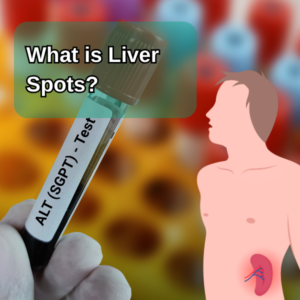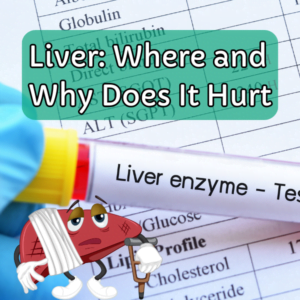+90 533 813 89 77
info@bookingforhealth.com

How Should Care Be After Liver Transplantation?
What are the Functions of the Liver?
The liver is one of the largest and most important organs of our body. The liver, which performs many of the body’s most important metabolic functions, cleanses the blood and protects the body from harmful substances. The liver plays an active role in the production of certain hormones and enzymes in our body.
The liver, which is considered one of the most important organs of our body, has many functions. The liver converts the waste substances that have accumulated in our body and allows them to become more easily digestible. The liver, which helps reduce the harmful effects of toxic substances, also ensures that the blood is filtered.
The liver provides for the production of proteins contained in the blood. These proteins are extremely necessary for the body to function healthily. Thanks to the liver, which stores the glucose and minerals accumulated in the body, the body can benefit from these substances when it needs them.
What is Liver Transplant Treatment?
Liver transplantation; in case the liver is damaged for any reason, it means performing a healthy liver transplant. This procedure is carried out to regulate the work of the liver and protect it from diseases. The purpose of this transplant is to ensure that the patient has a healthy liver and thus regains bodily functions. Liver transplantation is a very serious and complex procedure and is preferred as the last resort. This treatment is an option that can save the patient’s life and improve the quality of life.
How is Liver Transplantation Performed?
The liver transplant is performed under general anesthesia and the operation can take an average of 6-8 hours to complete. During the procedure, the patient’s liver is removed and a healthy liver is added in its place. After transplantation, the patient remains in intensive care for a while and the follow-up is done meticulously. The surgical team that will perform the liver transplant carefully follows the patient at every stage of the operation and provides the necessary care.
Who is a Good Candidate for Liver Transplantation?
The process of liver transplantation is carried out to regulate the work of the liver and ensure the improvement of existing diseases. The transplantation process is usually performed on patients with liver disease who cannot be treated. The liver transplant process, which can save the lives of individuals with chronic liver disease, can also be performed to cure cancer that has arisen in the relevant organ. The patient to whom the liver transplantation procedure will be performed is carefully examined by a specialist doctor and it is decided after the relevant examinations whether this procedure will be performed or not.
In some cases, the liver transplant procedure is quite inconvenient and it is recommended not to do it. Whether these issues that will constitute an obstacle to liver transplantation are present in individuals is decided as a result of a detailed doctor’s examination. Liver transplantation is inconvenient for patients with alcohol and similar substance abuse, serious infectious diseases such as kidney or heart failure, HIV or AIDS, insufficient heart capacity due to a surgical procedure experienced in the past, and severe respiratory distress.
What Makes Someone a Good Candidate for a Liver Donor?
Liver transplantation is a surgical procedure performed for people with liver failure or liver disease that cannot be treated with other methods. To be a candidate for liver transplantation, the person must meet certain criteria.
The person must be in good general health and free of medical conditions that may make the transplant risky or complicate the healing process. The individual must not have any infection or other diseases that can be transmitted to the recipient through the donated liver. The person should be able to understand the risks and benefits of the transplant procedure and be able to make an informed decision about donating their liver.
The person must be at least 18 years old, but some transplant centers may evaluate younger donors on a case-by-case basis. In general, the best donors for liver transplantation are; close family members, such as the recipient’s parents, siblings, or children. This is because family members are a better match for the recipient and have a lower risk of complications from transplant surgery. However, people outside the family may also be considered potential donors if they meet the relevant criteria and are willing to donate their liver.



